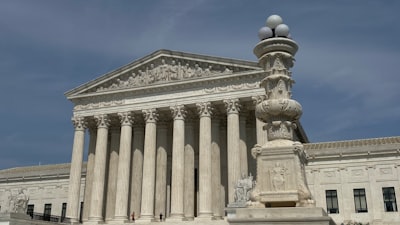The U.S. Supreme Court’s recent decision on presidential immunity has set off a seismic shift in American governance—broadening the president’s legal shield and, not coincidentally, sharpening Donald Trump’s ambitions for a second term. The ruling holds far-reaching consequences for the balance of power, public trust in institutions, and the very fabric of accountability at the highest levels.
The Core Controversy
At issue is whether, and to what extent, a sitting or former president is immune from prosecution for acts taken while in office. The Supreme Court’s ruling clarified—and expanded—that presidents have significant legal protection for their official acts, effectively insulating them from criminal liability in ways never before seen. This opens up the possibility for more unilateral executive action, especially if wielded by a president intent on testing these new boundaries.
| Pros of Expanded Immunity | Cons of Expanded Immunity |
|---|---|
| Protects national security secrets | Accrues unchecked power to POTUS |
| Shields against partisan lawsuits | Risks undermining rule of law |
| Encourages decisive leadership | Reduces accountability, transparency |
Why It Matters: Trump’s Intentions
Donald Trump has signaled plainly that he sees this ruling as a personal green light. By removing the permanent threat of prosecution for certain presidential actions, the court has emboldened his rhetoric about retribution, and critics fear he may use these powers to sideline political adversaries or expand executive directives with little regard for institutional guardrails.
Beyond Trump: A Systemic Shift
Importantly, while Trump is the immediate focal point, this precedent is not limited to him. Future presidents—of any party—could leverage these expanded powers, meaning the entire system may tilt further toward executive dominance. This marks a departure from decades of evolving checks and balances, raising critical questions: Who will hold the president accountable? What constitutes an “official act”? The ruling leaves these definitions hazy, portending legal battles and uncertainty.
Global and Historical Patterns
America’s latest pivot echoes global patterns where leaders harness immunity provisions to entrench authority. While proponents argue that presidents need freedom from legal harassment to govern effectively, the risk, historically, is democratic backsliding. The question now: Can institutions adapt to this new concentration of power, or will oversight crack under the pressure?
This article was inspired by the headline: 'Supreme Court ruling expands Trump's power - and he intends to use it'.

Comments
No comments yet. Be the first to comment!